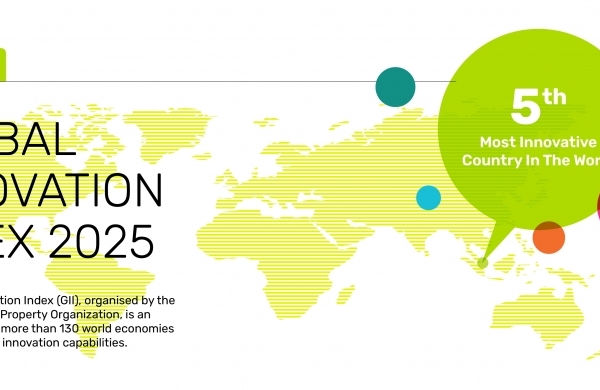Did not receive verification mail? Please confirm whether the mailbox is correct or not Re send mail

IPR Daily
- 2023-01-11 23:18:14
Hydrogen Patents Study Reveals Shift to Electrolysis
Hydrogen technology development is shifting towards low-emissions solutions such as electrolysis, according to a joint study of patents by the European Patent Office (EPO) and the International Energy Agency (IEA).
The report uses global patent data to provide analysis of innovation in all hydrogen technologies.
Hydrogen production technologies accounted for the largest number of hydrogen patents over the 2011-2020 period.
While global hydrogen production is currently almost entirely fossil-based, the patenting data shows that low-emissions innovations generated more than twice the number of international patents across all segments of the hydrogen value chain than established technologies.
Technologies motivated by climate concerns accounted for nearly 80% of all patents related to hydrogen production in 2020, with growth driven chiefly by a sharp increase of innovation in electrolysis.
The most innovative regions are now competing to host the first industrial roll-out phase, with the data suggesting that Europe is gaining an edge as a location for investment in new electrolyser manufacturing capacity.
For established hydrogen technologies, innovation is dominated by the European chemical industry, whose expertise in this sector has also given it a head start in climate-motivated technologies such as electrolysis and fuel cells.
Automotive companies are also active, and not just for vehicle technology. Behind them, universities and public research institutes generated 13.5% of all hydrogen-related international patents in 2011-2020, led by French and South Korean institutions, with a focus on low-emissions hydrogen production methods such as electrolysis.
The study finds that more than half of the $10bn of venture capital investment into hydrogen firms in 2011-2020 went to start-ups with patents, despite them making up less than a third of the start-ups in the report’s data set.
Holding a patent is a good indicator of whether a start-up will keep attracting finance: more than 80% of late-stage investment in hydrogen start-ups in 2011-2020 went to companies that had already filed a patent application in areas such as electrolysis, fuel cells, or low-emissions methods for producing hydrogen from gas.
IEA Executive Director Fatih Birol said: “This study shows that innovators are responding to the need for competitive hydrogen supply chains, but also identifies areas – particularly among end-users – where more effort is required.
“We will continue to help governments spur innovation for secure, resilient and sustainable clean energy technologies.”
The report finds that global patenting in hydrogen is led by the European Union and Japan, which account for 28% and 24% respectively of all IPFs filed in this period.
The leading countries in Europe are Germany (11% of the global total), France (6%), and the Netherlands (3%).
The United States, with 20% of all hydrogen-related patents, is the only major innovation centre to see international hydrogen patent applications decline in the past decade.
In addition to these five main innovation centres, other countries generating significant volumes of hydrogen patents include the United Kingdom, Switzerland and Canada.
Source: renews.biz
Editor: IPR Daily-Ann
- I also said the two sentence
- Also you can enter 140words
 TOP IPR U.S. Lawyers 10 & Firms 10 Selection Officially Launched by IPR Daily
TOP IPR U.S. Lawyers 10 & Firms 10 Selection Officially Launched by IPR Daily WIPO Global Innovation Index 2025: China Enters Top 10
WIPO Global Innovation Index 2025: China Enters Top 10 Singapore ranks 5th in the 2025 Global Innovation Index; climbed two spots in Innovation Outputs
Singapore ranks 5th in the 2025 Global Innovation Index; climbed two spots in Innovation Outputs Federal Circuit lacks jurisdiction over award that doesn’t raise issue of patent law
Federal Circuit lacks jurisdiction over award that doesn’t raise issue of patent law


